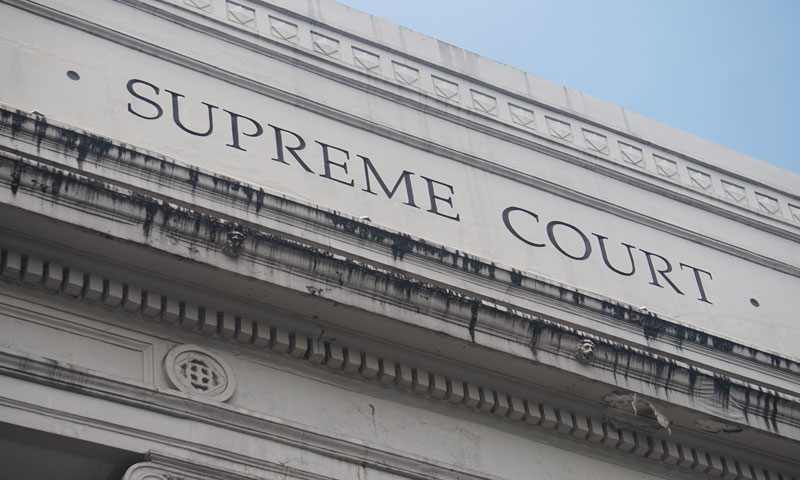
The revamped plan needs to accrue $90.4 million instead of $103.6 million, so that 672 partners need participate instead of 709, paying $5,000 as a minimum instead of $25,000, but bumping the maximum for higher paid partners from $3 million to $3.5 million. The plan’s deadline has also been pushed back to August 7.
In return for their contribution, not only will partners gain immunity from clawbacks, which are the suits initiated by debtors against former partners of a bankrupt firm, but their K-1 tax plans will also be paid. The thirty plus partners who sat on the governing body, meanwhile – there are over 30 – are expected to pay an extra 20 percent of their 2011-2012 earnings.
As Am Law Daily reports, that higher premium “does not reflect a conclusion that any EC member breached a duty or bears responsibility for the firm’s failure, but does acknowledge that EC members bear a greater risk of suit from claims that are being released under the PCP.”
It is hoped that these patches on the plan will impress former partners enough to get on board so that they can meet their minimum. Only a few outstanding problems remain, such as that there was no accommodation to partners who were given their 2010 bonus late, in 2011, thus inflating the amount they are expected to contribute.
















































